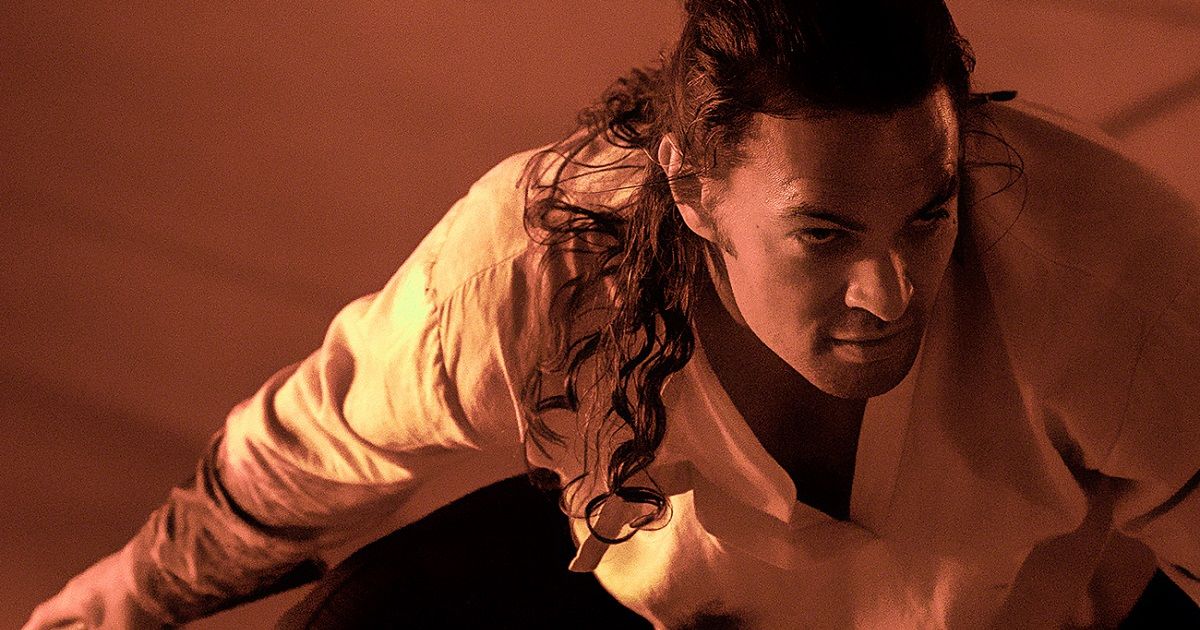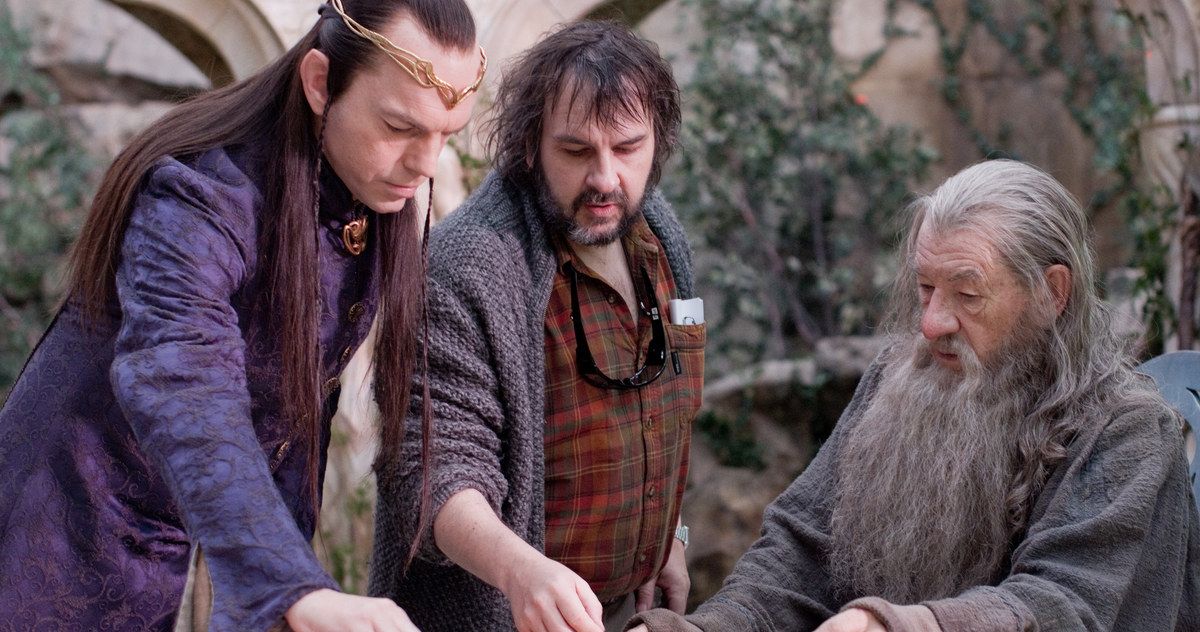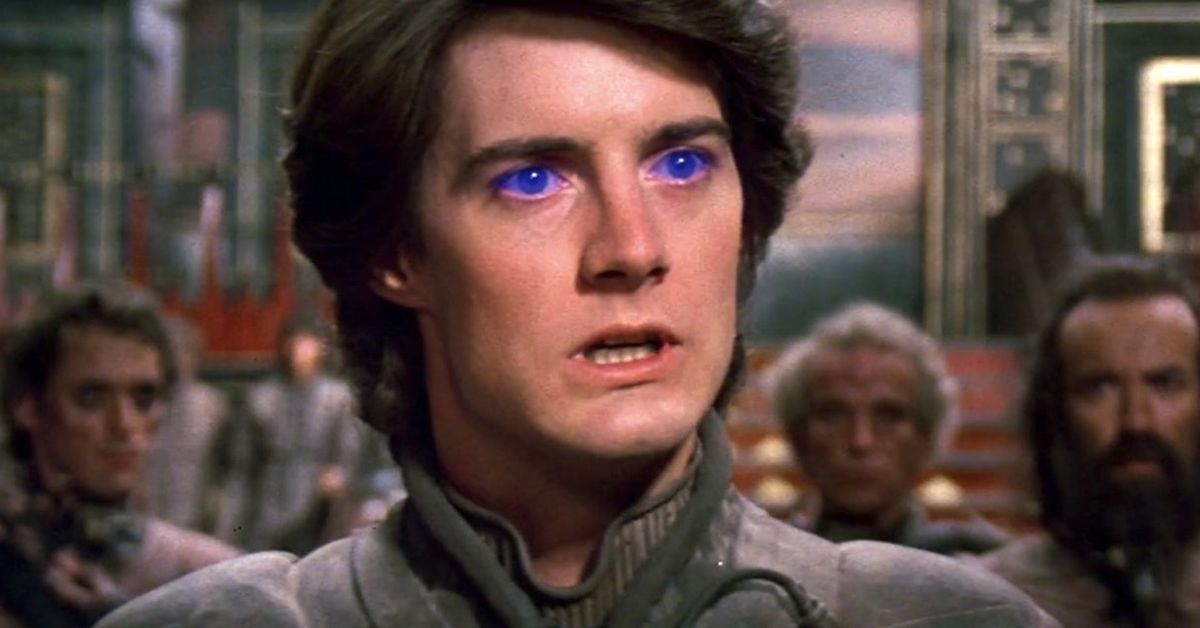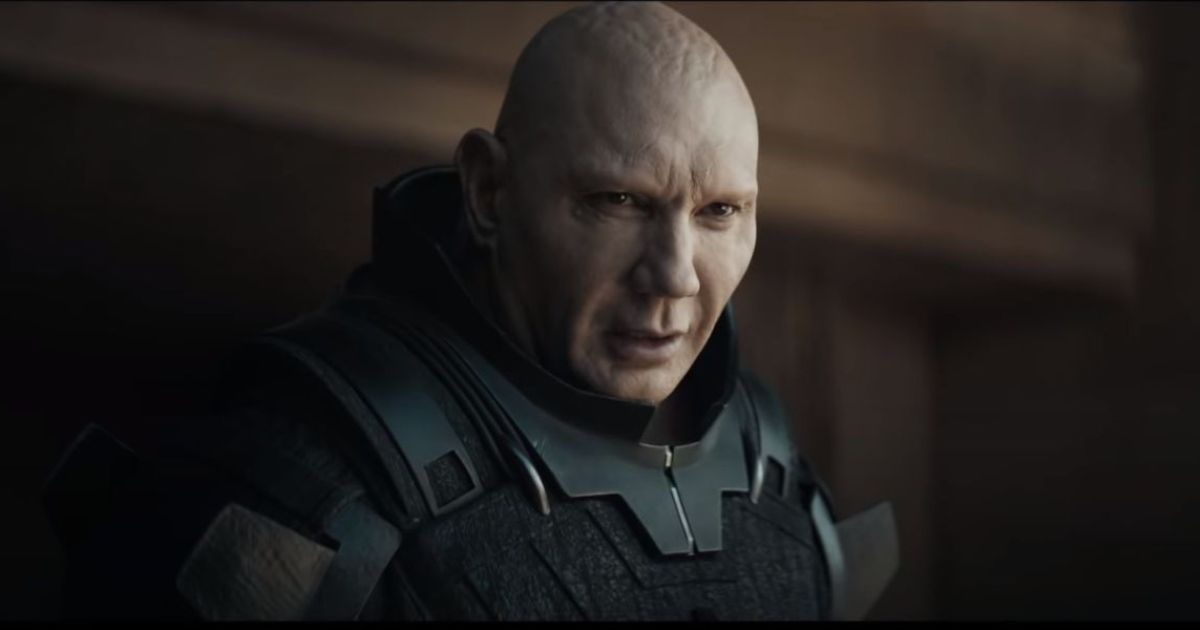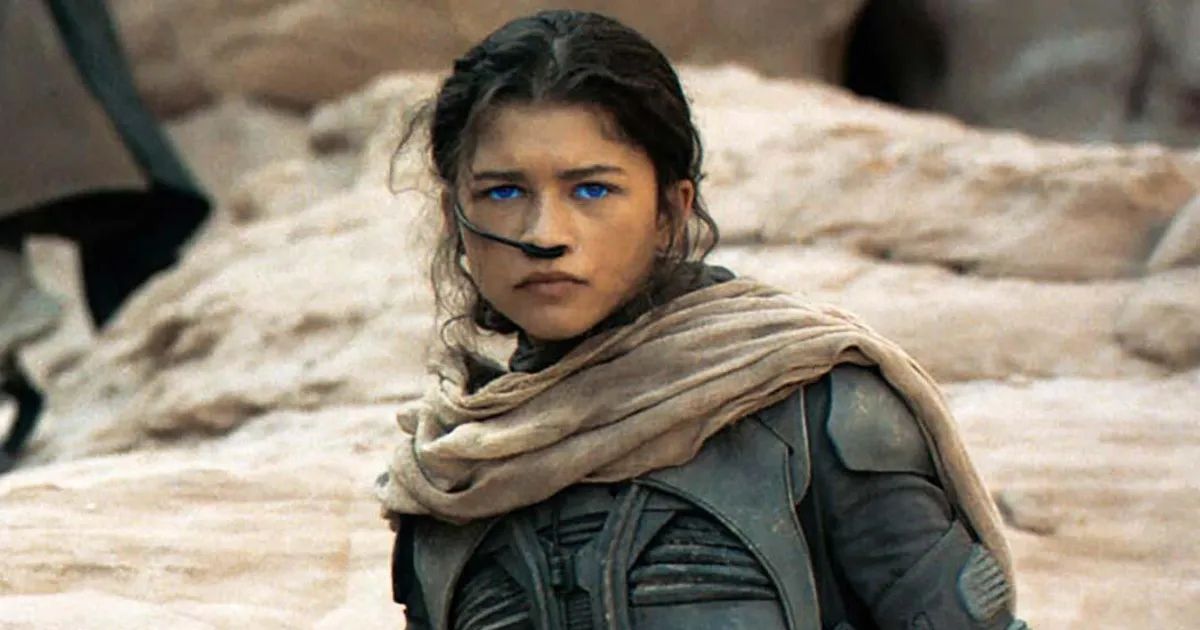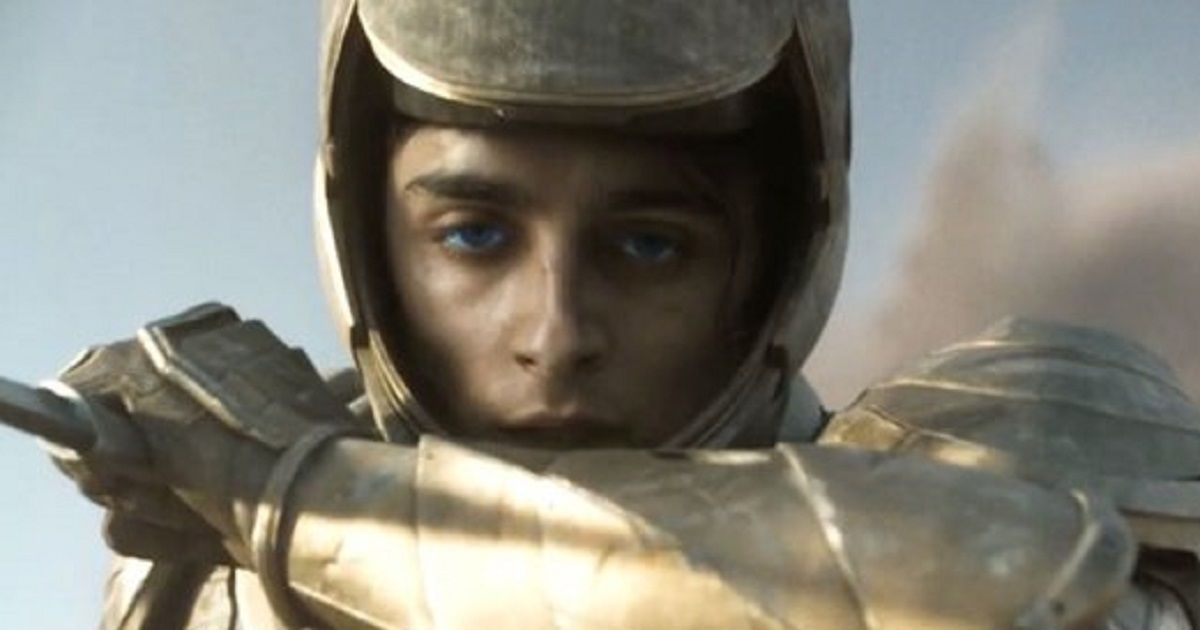Sometimes the size of a story has nothing to do with how many words are used to tell it.
Think of Peter Jackson’s filmmaking experience with the works of J.R.R Tolkien. His passion to bring The Lord of the Rings to the screen had him soliciting and being rejected by nearly every major film studio in the late 1990s. Most people wouldn’t even meet with him, and the few studios that did were unwilling to talk about making any more than one film, except for Polygram Entertainment and New Line Cinemas. Polygram was in the process of changing hands and could do nothing at the time, which left New Line as Peter Jackson’s last and only hope.
When Peter Jackson (who was adamantly opposed to trying to tell the story in one film) finally met with Bob Shaye, the head of New Line, Shaye famously asked him why he was pitching The Lord of the Rings as two films. Jackson thought another request to do it all in one film was coming, but Shaye surprised him by asking why Jackson was suggesting two films when there were three books. Shouldn’t there be three films? Because of that, The Lord of the Rings films became a reality with the chance to be done right.
Imagine what The Lord of the Rings story would have been like as a single movie. Or even two. In fact, the story in Peter Jackson’s trilogy of films is best told through the extended editions, which are about four hours each. If those 12 cumulative hours of story actually had been crushed into a single three-hour movie, it’s hard to imagine it turning out as anything other than another major disappointment for Lord of the Rings fans.
Then consider what happened with the next work by Tolkien that Peter Jackson brought to the screen. Leveraging his success with Lord of the Rings, he took a single book in The Hobbit and stretched that into three huge films. The Hobbit film trilogy was appreciated by some, but was generally regarded as less than what Jackson had accomplished with Lord of the Rings, and belaboring the story might have had something to do with that consensus. In this instance, more films may have hurt the story instead of helping it.
Dune Is to Science Fiction What Lord of the Rings Is to Fantasy
Dune is as revered and instrumental to the science fiction genre as The Lord of the Rings is to the high fantasy genre. A work of towering imagination by Frank Herbert that was published in 1965 (the same year that Ballantine Books published a revised edition of The Lord of the Rings trilogy in paperback, bringing the story of the One Ring to the masses), Dune is equal parts compelling drama, flawless science fiction, philosophical speculation, and political thriller. Other groundbreaking science fiction works like Isaac Asimov’s Foundation series and Larry Niven’s Ringworld series felt dry and stiff compared to the warmth and richness of Dune.
Such a strong story seems like it should have been taken to the big screen shortly after its release. But the Dune novel takes full advantage of literary techniques that make a straightforward screenplay nearly impossible, most notably significant amounts of italicized inner monologue that describe much of the backstory and many of the thoughts and emotions of the characters. Matching the smooth transitions of expositional and emotional thoughts and dialogue of the novel seemed like an impossible task on film, especially for just one film.
The 1984 Version of Dune
Nevertheless, Universal Pictures made the attempt in 1984, choosing acclaimed director David Lynch to bring the Dune story to life. Many of those that had never read the Dune novel were intrigued by the story when seeing it in theaters in 1984, but fans who loved and appreciated the genius of the novel were disappointed with many of the movie’s aspects.
To begin with, even though Dune was a single novel, the two hour and seventeen minute running time of the theatrical cut wasn’t nearly long enough to do justice to the intricate story. Important scenes had to be written out, such as the Atreides banquet on Arrakis scene that Frank Herbert felt was of vital importance. But he understood the time constraints of film and supported Lynch’s decisions. This was simply a case where a single novel told a much bigger story than a single film could hold, so perhaps Lynch should've gone the Jackson route of agreeing only to multiple films, rather than one.
Another disappointment was the casting. The Paul Atreides of the novel was not only a young teenager, he was a late bloomer. Casting six-foot-tall, 25-year-old Kyle MacLachlan as Paul seemed like a stumble right out of the gate. And while the cast had many other talented stars, including Patrick Stewart, Linda Hunt, Brad Dourif, and Sting, there never seemed to be chemistry between the actors or cohesion to the script as they walked through their lines.
One of the most difficult concepts of the novel to visualize was “the voice,” a power of persuasion developed by a political sect and a crucial device used by two of the story’s heroic characters. The idea was so daunting and so indispensable, Lynch chose to rewrite this ability into a sonic hand-held weapon that could be manufactured and handed out to any old good-guy soldier.
All these and many more constraints and changes dashed the hopes of devoted Dune fans who wanted to see their beloved story told well on the screen. Even director David Lynch has been quoted as saying of his 1984 try at Dune, “It was a failure and I didn’t have the final cut. I’ve told this story a billion times. It’s not the film I wanted to make. I like certain parts of it very much — but it was a total failure for me.”
The 2021 Version of Dune: Part 1
Dune fans disappointed with the 1984 offering rejoiced when hearing the news that director Denis Villeneuve was going to turn his life-long passion for Dune into a serious film project, much as Peter Jackson did with his life-long passion for The Lord of the Rings. And like Jackson (and unlike Lynch), Villeneuve was adamantly opposed to trying to tell the epic story in just one film. This seemed like a dream come true for both fans of science fiction and fans of film in general.
But astoundingly, when Warner Bros. agreed to produce Villeneuve’s adaptation of Dune, the studio only approved one film, despite the director’s insistence on the necessity of more. Considering what Peter Jackson and New Line did with The Lord of the Rings, this “prove it” model must have been insulting and discouraging for Villeneuve (who had just scored a hit with Blade Runner: 2049).
It can only be assumed that the leadership at Warner Bros. was struggling to know how to handle the effects of a global pandemic on theater attendance, as well as the growing trend of audiences shifting from theaters to streaming services. But it still seems pathetic that a movie studio was devoid of the courage and vision that Bob Shaye and New Line displayed with The Lord of the Rings. Thankfully, Denis Villeneuve had his own faith in the story, and faith in his own talent, as well as the artistic vision to see what Dune could be, and went ahead with Dune: Part 1.
Of course, Dune: Part 1 was magnificent, receiving 10 Academy Award nominations, including Best Picture and Best Adapted Screenplay, and won six, for Best Sound, Best Original Score, Best Film Editing, Best Production Design, Best Visual Effects, and Best Cinematography. Dune: Part 2 was approved just days after Dune: Part 1 opened, and is set to finish telling the story of the Dune novel in November 2023.
How a Dune: Part 3 Could Be Made
Since Dune: Part 1 has “proven itself” in grand fashion, and Dune: Part 2 is in production, Warner Bros. has yet another opportunity to show it can be a bold and courageous movie studio.
Fans of the Dune novels know that the story of Paul Atreides doesn’t end with the end of the Dune novel. Frank Herbert’s sequel, Dune Messiah, published in 1969, follows Paul and Chani into the rough terrain that comes after the climb to the top. Their sacrifice and determination to beat the odds has vaulted them from a struggling renegade House to the rule of an Empire, and their unlikely triumph has made them the biggest targets in the universe. And all the power of the throne can’t keep Paul from watching his nightmare of crusades in his name wash the worlds of the Empire in blood.
Dune Messiah is a much shorter novel than Dune, perhaps the perfect length to make directly into a screenplay for Dune: Part 3. It comes complete with new villains and incredible plot twists. And one of the benefits of a third film is that most of the production problems have already been solved in the first two films. From just about every angle, a Dune trilogy of films makes perfect sense.
How a Dune Trilogy Would Change the Tone of the Story
But the really compelling reason to make a Dune: Part 3 from Dune Messiah is what it does to the story. One of the wonderful things about Dune is that it’s a story that concludes in a supremely satisfying and positive way. It’s a story of righting wrongs, of overcoming injustice, of the underdog triumphing. After watching Dune: Part 2, audiences are going to leave smiling. They are going to be inspired. They are going to feel like overcoming their problems and conquering their worlds.
Dune Messiah changes all that. As the story continues, the audience learns that holding power is a different thing than gaining power. There are many downsides and troubles that often accompany extreme success. If a Dune: Part 3 gets made from Dune Messiah, audiences are not going to be leaving with the same smiles and inspiration they took from Dune: Part 2. The conclusion will be much more somber and thoughtful. It will be more like the profound impact of Hamlet or West Side Story than the feel-good endings of most epic hero stories. And that will be a higher level of art.
After the 1984 film version of Dune, it was a lot to ask that a world-class director with a deep love for the franchise would come along and do for Dune what Peter Jackson did for The Lord of the Rings. It was just too much to hope for. And then, miraculously, one of the film industry’s rising stars, Denis Villeneuve, reveals he has the passion needed to tell the Dune story the way it should be told. And it turns out that he is, in fact, the perfect person to do it, as concerned as the most devoted fan with giving Dune the time it needs, and even enduring a shortsighted studio to make it happen.
Now, fans can only hope that the miracle won’t end with Dune: Part 2, because the story can be even bigger and better with Dune: Part 3.

